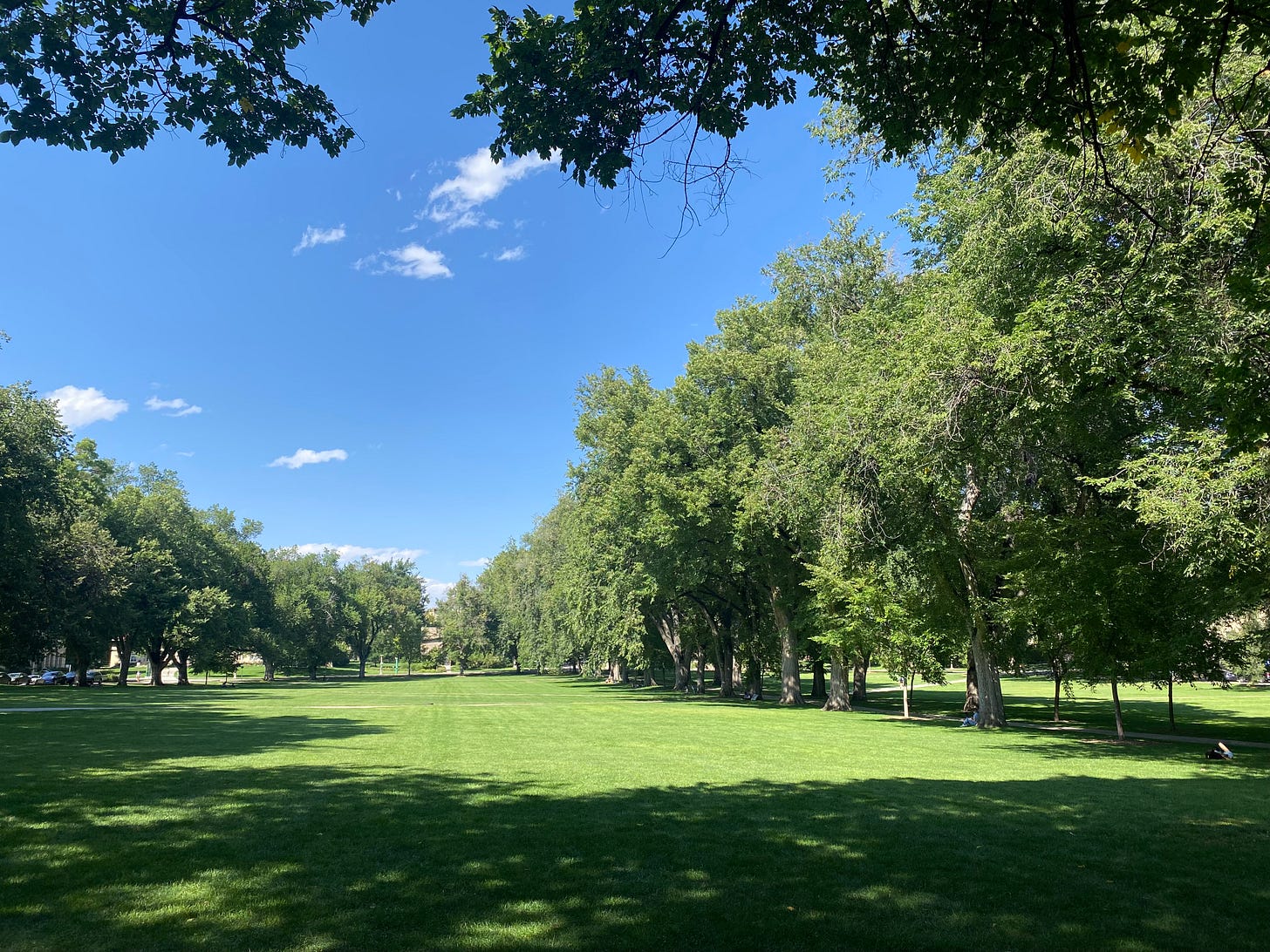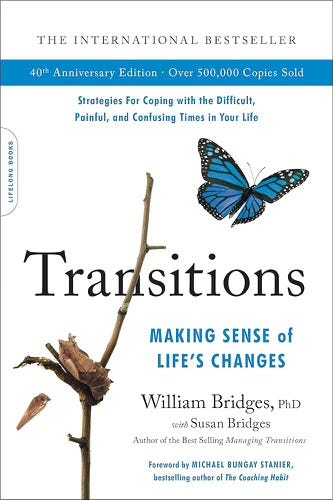In the book “Transitions: Making Sense of Life’s Changes,” William Bridges offers a timeless and insightful guide to navigating the often turbulent waters of change. As someone who has journeyed from the Midwest to the Mountain West and West Coast, and from a career as a healthcare administrator to the realms of speaking and writing, I find his concepts deeply resonant with my own personal evolution.
Bridges’ book, now celebrating 40 years, explores a universal three-stage process of transition—endings, the neutral zone, and new beginnings. This simple yet profound framework has served as a powerful guide not only for individuals but also for organizations struggling to cope with the unprecedented change in our modern world. With a new Discussion Guide written by Susan Bridges, the book remains relevant and practical for today’s audience.
Endings are often misunderstood. In my own life, leaving behind the healthcare world, where I spent years working as an administrator, felt daunting at first. The temptation was to view this as a closed chapter—a finality. Bridges reminds us that endings are a necessary prelude to something new.
Only when I embraced this mindset did I start to recognize the lessons, relationships, and skills I had gained from my previous work, not as things to be left behind but as experiences that would inform and shape my new path. Endings, Bridges says, are not failures—they are the foundation for renewal.
The Neutral Zone, though often uncomfortable, is where the real work of transformation happens. Bridges likens it to a “wilderness,” a time of disconnection and uncertainty. This resonated deeply with my own experience of shifting careers.
After leaving healthcare, I felt unmoored—no longer tied to the identity I had built over a decade, yet not fully anchored in my new role as a speaker and writer. This in-between period felt like stagnation at times, but it was also where the seeds of new ideas took root. I learned that, as Bridges emphasizes, this zone is not a time to rush through or avoid but a crucial phase of reflection, reorientation, and recalibration.
Finally, New Beginnings come not from sheer determination, but from the synthesis of internal and external signals that guide us toward the future. My transition to a new career didn’t come with a grand announcement or a clear road map. It came gradually, through an accumulation of small steps—writing, speaking engagements, and connecting with people who aligned with my emerging identity.
Bridges highlights that new beginnings are not a matter of force; they come when we are attuned to the subtle cues that mark the shift toward something fresh. This perspective has shaped how I continue to approach the various transitions in my life.
“Transitions” provides a grounding philosophy for those of us who have weathered many life shifts, whether geographic, professional, or personal.
I’ve come to appreciate the wisdom in seeing transitions not as disruptive events to be endured but as powerful opportunities to create something new. Bill Bridges’ framework has been a crucial companion on this journey of reimagining myself, offering clarity amid the uncertainty and turbulence of change.
Join Us Today and Support Independent Writing
As a supporting member of "Great Books, Great Minds," you'll dive deeper into a world where your book passions thrive. For just $6 a month or $60 a year, you unlock exclusive access to a close-knit community eager to explore groundbreaking reads.
💥 You can contribute to my independent writing journey via the “subscribe” button above . Or you can tip me some coffeehouse love here (dirty chai fan here).
Your support is appreciated! In the meantime, stay thirsty for a great book.
Diamond-Michael
Independent Journalist and Global Book Ambassador




